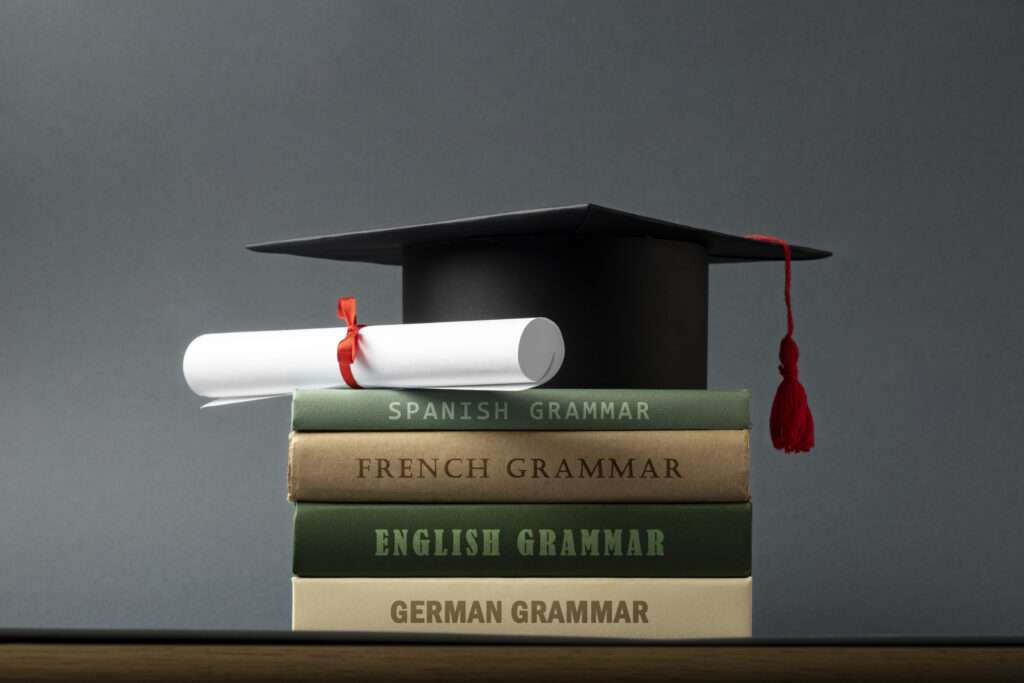Contact
Get In Touch

Author
Abdul Azeem
LLB (Hons) LLM
Education Laws in Pakistan
Pakistan is home to over 230 million people, making it the fifth most populous country in the world. In 2019, Pakistan’s total literacy rate was around 58%, with less than 46.49 percent of women being literate and more than 69.29 percent of men. While this is an improvement from previous years, there is still a long way to go in terms of education in Pakistan. Lack of access to education, financial constraints, and gender discrimination are just some of the issues faced by Pakistani students.
The education laws in Pakistan have been developed to ensure that all children have access to quality education. These laws are designed to promote equity and inclusion in the education system. The government of Pakistan is committed to ensuring that all children have the right to an education, and the education laws reflect this commitment. All children in Pakistan have the right to free, compulsory primary education. Secondary education is also free and compulsory for all children aged 14-16 years. In addition, the government provides free tertiary education for students who meet certain academic criteria.

Pakistan’s Education System
The country has a literacy rate of around 60%. However, there are significant disparities between different regions and genders. While in urban areas boys have better access to education, in rural areas girls are often left behind. This is even though education can be a powerful tool for economic development and poverty reduction, as it increases human capital and provides people with the skills they need to find work. However, Pakistan has one of the highest youth unemployment rates in the world. Education in Pakistan is overseen by the Federal Ministry of Education. Provincial governments are responsible for educational infrastructure and teacher training, while the federal government provides funding. The Constitution of Pakistan provides for free and compulsory primary education. The government has a system of quotas to ensure equal representation of girls, minorities, and people with disabilities in education.
The Laws
Several laws govern Pakistan’s education system. The Constitution of Pakistan guarantees free and compulsory education for all children aged 5-16 years.
Article 25A of the Constitution states that: “The State shall provide free and compulsory education to all children of the age of five to sixteen years in such manner as may be determined by law”, it is, therefore, a basic human right.
The Education Act of 1974 (amended 1992) is the main law governing Pakistan’s educational system. It prescribes compulsory primary education for all children aged 5-14 years, and free secondary education for those aged 10-18 years. The act also makes provisions for adult education, vocational training, and teacher training.
In 1997, the government spent about US$1.2 billion on education, amounting to 3.5% of the GDP. Expenditures have been rising over the years and reached 5% of GDP in 2000. In 2001, the government spent 6.3 billion rupees on education out of the total national budget of 70 billion rupees. The private sector has made a significant contribution to educational expansion in Pakistan, especially in the field of higher education.
Current State of Education in Pakistan
Pakistan’s current educational system is in a state of crisis. The education system is marred by a number of problems, including a lack of funding, poor infrastructure, and a shortage of qualified teachers. As a result, Pakistan’s literacy rate is one of the lowest in the world.
The Pakistani government has been slow to address the problems facing the education system. In recent years, there have been some initiatives to improve education in Pakistan but much more needs to be done. The government needs to invest more money in education and also work on improving the quality of teaching. Only then will Pakistan be able to improve its literacy rate and provide its citizens with the skills they need to compete in the global economy.
The country’s rate of literacy has increased from 47% in 1990, but this is still not very high by international standards. The literacy rate is much lower in rural areas, with only 33% of the population being able to read and write. In urban areas, the literacy rate is much higher, with 87% of the population being able to read and write.
What the New Education Laws Aim to Do
The solution to the education crisis in Pakistan is two-fold. The first part is improving access to quality education, and the second part is ensuring that all children have the opportunity to attend school.
The new education laws aim to improve access to quality education by building new schools and hiring more qualified teachers. In addition, the government is investing in teacher training and development so that teachers are better equipped to provide a high-quality education.
To ensure that all children have the opportunity to attend school, the government is providing free transportation to and from school, as well as free meals. In addition, they are working with community leaders to identify children who are not currently attending school so that they can be enrolled. The role of the community is crucial to the success of the new education laws. Communities have a responsibility to ensure that their children attend school. The government has created a monitoring system where community members conduct home visits and report back to local leaders on the progress of their students in school.
The Benefits of the New Education Laws
The new education laws in Pakistan will bring about much-needed reform to the education system. The benefits of these changes will be felt by students, teachers, and administrators alike.
One of the most significant changes is an increase in the number of Years of schooling required. This will ensure that all students have a strong foundation on which to build their future learning. In addition, there are new teacher training requirements that will raise the quality of instruction across the board. These changes come at a time when Pakistan’s economy is booming, and there is an increased demand for skilled workers. With a solid education, students will be able to take full advantage of the opportunities available in Pakistan. The new curriculum will also include a greater emphasis on the arts and sciences. The move is a direct response to the growing need for citizens with skills in these areas. The government has made significant strides in improving Pakistan s education system during the past few years.
The implementation of these laws is crucial to Pakistan’s continued development and will help to close the gap between its educated citizens and those of other nations. With better-educated citizens, Pakistan will be able to compete on the global stage and provide its people with better opportunities for success.
Implementing the New Laws Effectively
Another hurdle to effective implementation is the lack of coordination between the federal and provincial governments. The provinces do not always implement the laws passed by the federal government. In many cases, the provincial governments have taken steps to weaken the laws. For example, the Sindh government has weakened the Child Protection and Welfare Act 2010 by removing a provision that allows children to be sent to juvenile homes.
One of the biggest challenges is the lack of awareness about these new laws among teachers, students and parents. In many cases, school administrations are also not aware of the changes and are unable to implement them effectively.
Another challenge is that these new laws often conflict with existing ones, resulting in confusion and frustration among all stakeholders. For example, the recent decision to increase class sizes goes against the law that stipulates a maximum of 40 students per class.
Finally, there is a lack of resources and infrastructure to support the implementation of these new laws.
UNICEF has been working closely with the Ministry of Education to help them implement the new laws. UNICEF supported the development of a series of teaching modules, which were piloted in schools in Debre Zeit and Hawassa. The modules are designed to help teachers understand the new laws and how they should be implemented in schools. The modules were well received by teachers, and UNICEF is now working with the Ministry to expand them to other regions. UNICEF is also supporting the Ministry of Education in its efforts to build capacity at the regional and national level. UNICEF provided valuable technical assistance during the development of the new curriculum, including developing a methodology to better assess teacher competency.
The Importance of Education Laws in Pakistan
Pakistan’s education laws are important because they help to ensure that all children in the country have access to a quality education. The laws also help to ensure that Pakistan’s schools are teaching the latest and most relevant information to their students. Additionally, the education laws in Pakistan help to hold educators accountable for their actions and ensure that they are providing a safe and positive learning environment for their students. The laws also help to ensure that the students are learning in a way that will help them gain valuable skills for their future. The education laws in Pakistan provide a framework for educators and parents to work together with the government to ensure that all children have access to a quality education.
How to Get in Touch with Our Online Lawyers in Pakistan
Our panel of skilled Lawyers in Pakistan can offer personalized advice and robust legal solutions.
- AI Legal Site: For general information, visit 24Justice.com – Pakistan’s First Legal AI Site.
- Personalized Assistance: For more specific queries or legal representation, reach out to us:
- Call: 92 308 5510031
- WhatsApp: 0092 308 5510031
- Contact Form: Prefer writing? Fill out our contact form below, and we’ll respond promptly.
We Help You Solve Your Legal Issues
At 24Justice, we believe that everyone deserves access to justice, and we are committed to making that belief a reality. Choose 24Justice, and take the first step towards navigating your legal journey with confidence and ease.
